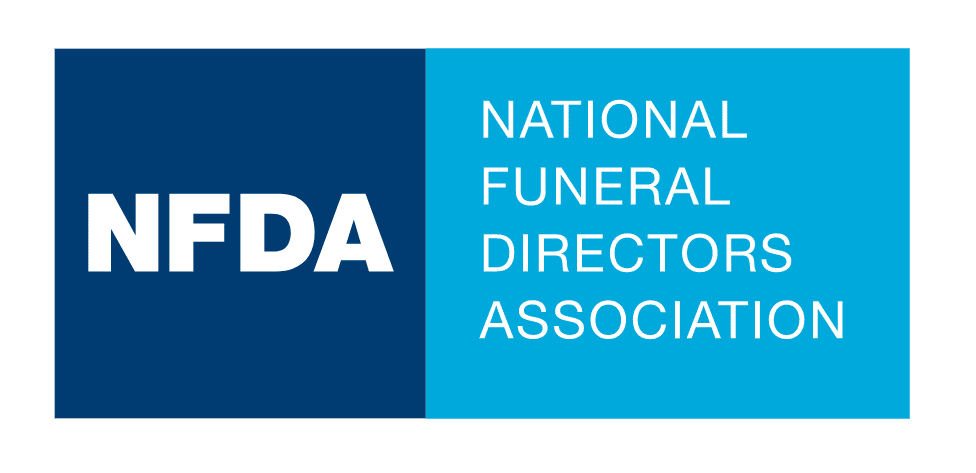FUNERAL PLANNING ADVICE
Funeral Planning Advice
Nothing adequately prepares us for the shock of a loved one’s death. We find ourselves in a position that is emotionally confusing, experiencing feelings of panic and helplessness. Yet hundreds of decisions must be made in preparing to say goodbye. Therefore, this section is dedicated to making this difficult time a little easier by providing a checklist to help guide you through this burdensome process. It will also inform you about what your local funeral director can do to help.
The Value of a Licensed Funeral Director
The funeral director's most important role is to help you. Making any kind of funeral arrangement involves many choices and decisions. Funeral service professionals give you and your family the information you need to make the right choices. Because they understand your need to consider all available options, your funeral director will fully explain these and take time to answer your questions.
Licensed and trained funeral directors help with both the practical arrangements and the emotional issues involved in planning a funeral. On the practical side, they typically remove the deceased from the place of death, obtain the required legal documents and prepare the body for viewing, if desired. Once you and your family are satisfied with your decision regarding services, burial or cremation, your funeral director will arrange for the final disposition, provide facilities for the visitation and funeral service, and transport the deceased and mourners to the place of final disposition.
Your funeral director will take great pains to plan a fitting tribute to your loved one. In fact, he or she will insist on taking an active role in helping you plan a personal and meaningful ceremony to begin the healing process. After the service, your funeral service professional can also provide support materials to help you deal with your grief.
Burials
Just as there are complexities in life, so are there many dimensions in planning the modern funeral. But by making the fundamental choice between burial and cremation, you have already taken care of one of the most important decisions you will need to make. In this section, you will find essential information that will help you make the final burial arrangements, such as:
What type of service will you have? What type of casket will you choose? How will you memorialize your loved one? How can you personalize the funeral? And where will the final resting place be?

